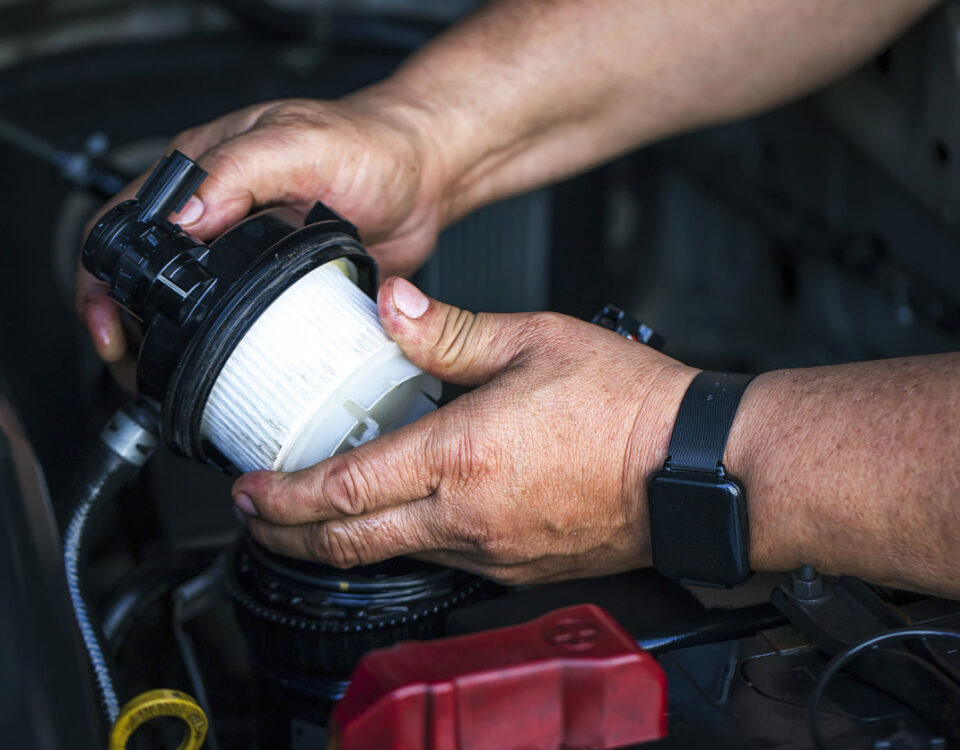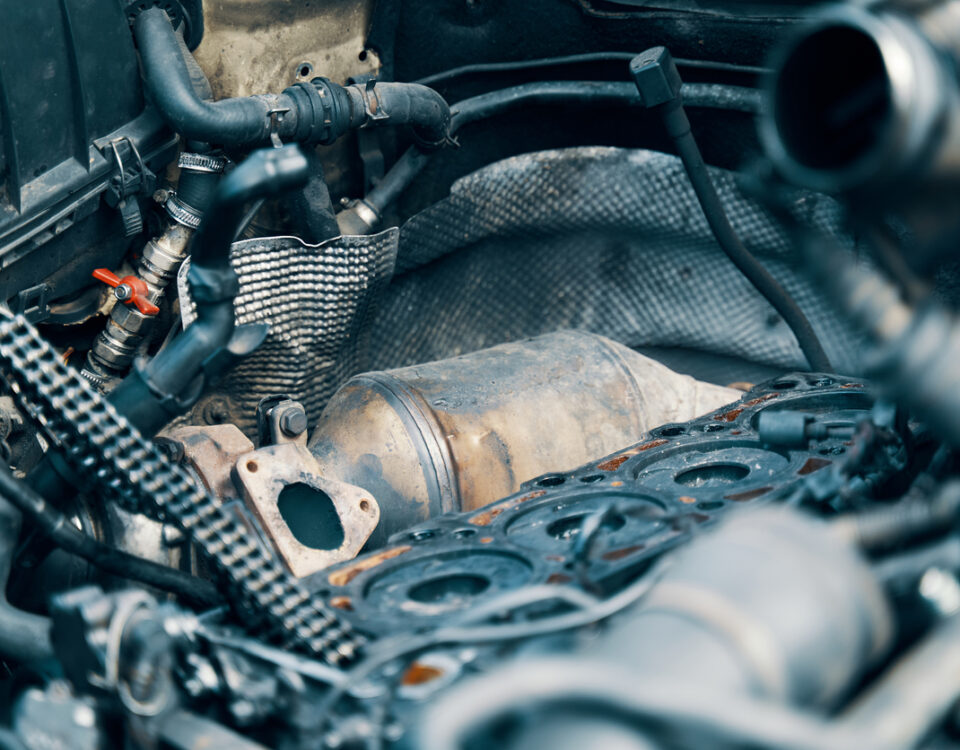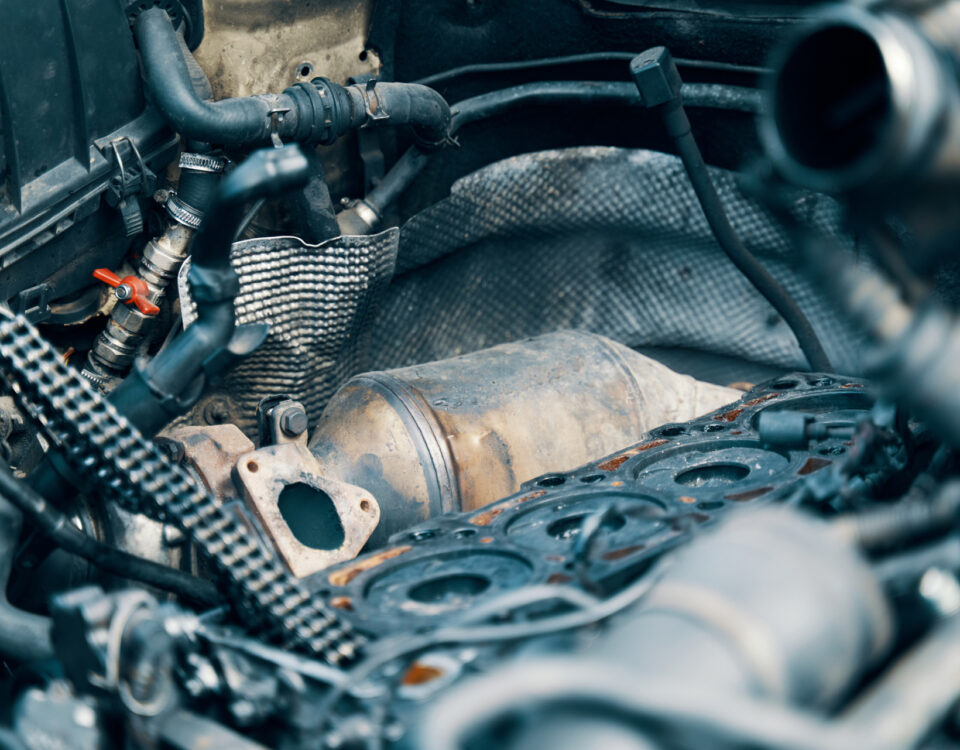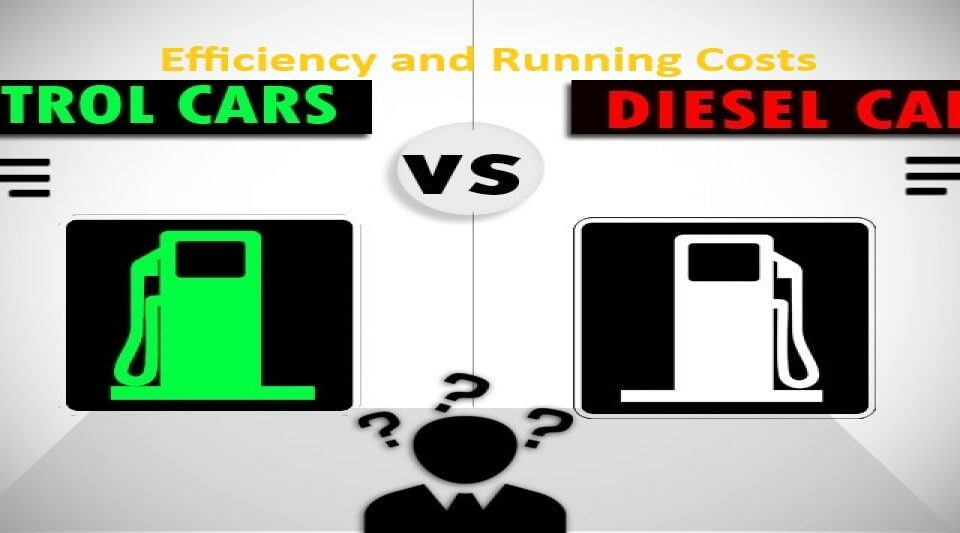How Often Should You Decarbonise Your Engine?
Carbon cleaning – often called ‘Engine Decarbonisation’ – removes sooty carbon deposits from inside your engine and ideally improves your car’s performance.
However, engine carbon cleaning is often misunderstood, and many people think it’s unnecessary because of technological advances in car engines and fuel.
Engine decarbonisation is cleaning carbon deposits and grime from your engine, which is widely considered an essential part of car maintenance. However, many disagree on how often you should decarbonise your engine or whether it’s even necessary for certain drivers.
To help you find the benefits of engine carbon cleaning and how often you should decarbonise your engine, we’ve written this simple guide on how often you should decarbonise your engine, starting with a simple definition:
What Is Engine Decarbonization?
Engine decarbonisation is cleaning your engine from the inside out to eliminate fuel residue and carbon deposits to ensure it can work efficiently. Carbon deposits – sooty buildup from burning fuel – are detrimental to your car engine, so you must give your car a good engine carbon clean before they become a problem.
Over time, your engine will build up carbon deposits from burning fuel, which can interfere with your engine – potentially causing engine malfunctions – if not treated, so you should regularly clean your engine as part of the maintenance process. However, engines are complicated devices; it takes much more than a pipe cleaner and some elbow grease to clean the stubborn carbon deposits from your engine block.
How Does Engine Decarbonisation Work?
Engine decarbonisation, or engine carbon cleaning, involves removing carbon deposits and can be done with mechanical or chemical cleaning methods. Mechanical cleaning is extremely thorough when done correctly but is often much more intensive (and expensive) than the chemical cleaning process.
To help you understand the cleaning process and choose the best treatment for your car, we’ve explained both processes below:
1. Mechanical:
In the mechanical method, a technician disassembles your engine to gain access to the pistons, engine chambers and exhaust assembly. Then, they carefully scrub off the carbon buildup, making this one of the most thorough and physically intensive methods of engine carbon cleaning.
2. Chemical:
Contrastingly, the chemical approach doesn’t require disassembly, as technicians pour the cleaning solution into your engine, sometimes with pressurised water, to clean away carbon buildup. While this approach is less likely to remove the really stubborn buildup, it is simpler, quicker and cheaper than the mechanical approach, and some garages even offer portable engine cleaning services, so you can have your engine cleaned on your driveway!
Is Engine Decarbonization Necessary?
Although we have made great improvements in fuel quality and engine efficiency, all cars require regular maintenance in to work efficiently. While you can go thousands of miles without having to pay for an engine carbon clean, you will need to clean out the carbon buildup sooner or later before it clogs up your car engine.
Over time, carbon deposits will build up in even the cleanest engines, and these deposits will grow and start to interfere with the moving parts of your engine unless treated. In extreme circumstances, carbon buildup can cause serious engine failures, so engine decarbonisation is absolutely necessary for the long-term maintenance of your car.
How Often Should You Decarbonise Your Engine?
While there are no definitive rules on how often you should decarbonise your engine, general advice maintains that you should clean your engine of any carbon deposits roughly every 18,000 miles. However, you may need to take your car to a garage for an engine carbon clean much sooner than that, depending on the fuel you use, the condition of your car and other variables.
If you’re unsure whether you should carbon clean your engine, check your mileage (newer cars shouldn’t have much carbon buildup) or ask a mechanic.
Benefits of Engine Decarbonisation
Although extreme engine failures caused by carbon buildup are incredibly rare, carbon buildup will impair your normal engine’s function over time. Keeping your engine clean and free of carbon buildup will help improve engine performance and fuel efficiency and maybe even give you more power:
1. Restore Engine Efficiency
An engine carbon clean should get rid of all the carbon buildup that was causing your engine to underperform and restore lost engine efficiency. While it won’t give your car any more ‘oomph’ than it had originally, it will help to restore it to something close to factory condition.
2. Helps you Pass your MOT
Carbon buildup can cause your car to fail its MOT by increasing pollutants or hampering engine performance, so engine decarbonisation should be a part of your maintenance strategy. This is especially true for older cars, as they are more likely to have carbon buildup to such an extent that it affects their performance.
3. Protects Against Long-Term Harm
As we’ve mentioned before, carbon buildup is corrosive and can cause long-term damage to your engine if left untreated. Subsequently, the best way to protect your engine long-term is through regular care and maintenance, such as regular engine carbon cleaning to avoid carbon buildup corroding your exhaust system or clogging up your engine.
4. It Boosts Fuel Efficiency.
Engine decarbonisation can increase the efficiency of your car by removing any carbon deposits that may be interfering with its normal functioning. However, carbon cleaning cannot improve the efficiency of engines that are already clean but should benefit all engines with significant carbon deposits.
Conclusion
Carbon cleaning or engine decarbonisation removes carbon deposits from your engine and can make your car safer and more efficient in one relatively short procedure. If your car has covered more than 18,000 miles, then you could almost definitely benefit from engine decarbonisation, so why not look into garages near you that can provide this service?
Although carbon buildup is an inevitable part of driving a car, you don’t have to let it affect you when there are plenty of simple and affordable engine carbon cleaning services out there.



